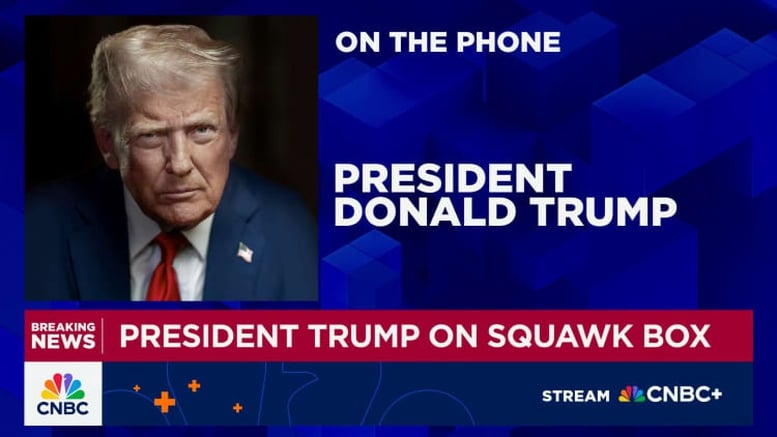
US President Donald Trump told CNBC's "Squawk Box" that proposed tariffs on pharmaceutical imports into the US could eventually reach 250%
US President Donald Trump on August 5 raised the possibility of announcing new tariffs on imported pharmaceuticals and semiconductors as a series of new tariffs come into effect that are expected to reshape global trade relations.
In an interview with CNBC, President Trump said Washington plans to impose a low initial import tax on pharmaceuticals. However, within a year, a maximum of a year and a half, the tax will increase to 150% and then to 250%. He emphasized his desire for pharmaceuticals to be produced in the United States.
In addition, the White House owner also said he plans to soon impose new tariffs on foreign semiconductors.
The White House will soon announce new tariffs on pharmaceuticals and semiconductors "within the next week or so," he said.
In April, the Trump administration initiated a so-called Section 232 investigation into pharmaceuticals, which gives the Commerce Secretary the power to investigate the impact of imports on national security.
Raising tariffs is a way that Mr. Trump uses to encourage pharmaceutical companies to move production back to the US, in the context of domestic drug production declining significantly in recent years.
In the past six months, companies like Eli Lilly and Johnson & Johnson have announced new investment plans in the US to win the president's favor.
Last week, Mr. Trump sent a letter to 17 pharmaceutical companies urging them to commit to taking steps to lower drug prices in the United States by Sept. 29, including agreeing to offer their entire portfolio of existing drugs at prices that are below those they charge in other developed countries. Several pharmaceutical companies said they were reviewing the letter.
Governments around the world are bracing for a new wave of US tariffs set to take effect this week, first on many Brazilian products on August 6 and then on dozens of other economies , including the European Union (EU) and Taiwan (China), from August 7.
EU suspends plans to impose retaliatory tariffs
On August 5, the EU announced a temporary suspension of retaliatory tariffs on US goods worth 93 billion euros ($107 billion).
"The Commission has adopted the necessary legal procedures to suspend the implementation of the EU countermeasures, which were due to enter into force on 7 August," EU trade spokesman Olof Gill said.
The European Commission (EC) has previously prepared a list of US goods, from soybeans to aircraft, cars and whisky, to retaliate against if negotiations with the US do not end in a deal.
However, on July 27, European Commission President Ursula von der Leyen reached a framework agreement with US President Donald Trump, under which EU exports will face a comprehensive tariff of 15% from August 8. This is higher than before Mr. Trump returned to the White House, but much lower than the 30% he had threatened.
However, the EU still predicts that there will be more uncertainty in trade relations with the US. Speaking to reporters, a senior EU official said: "There will be more volatility, but we have a clear policy guaranteeing a 15% tariff on all products. If the US does not comply with this, we have the means to react."
An Binh
Source: https://baochinhphu.vn/thue-quan-hoa-ky-duoc-pham-chat-ban-dan-se-bi-ap-thue-cao-ky-luc-102250806085700481.htm




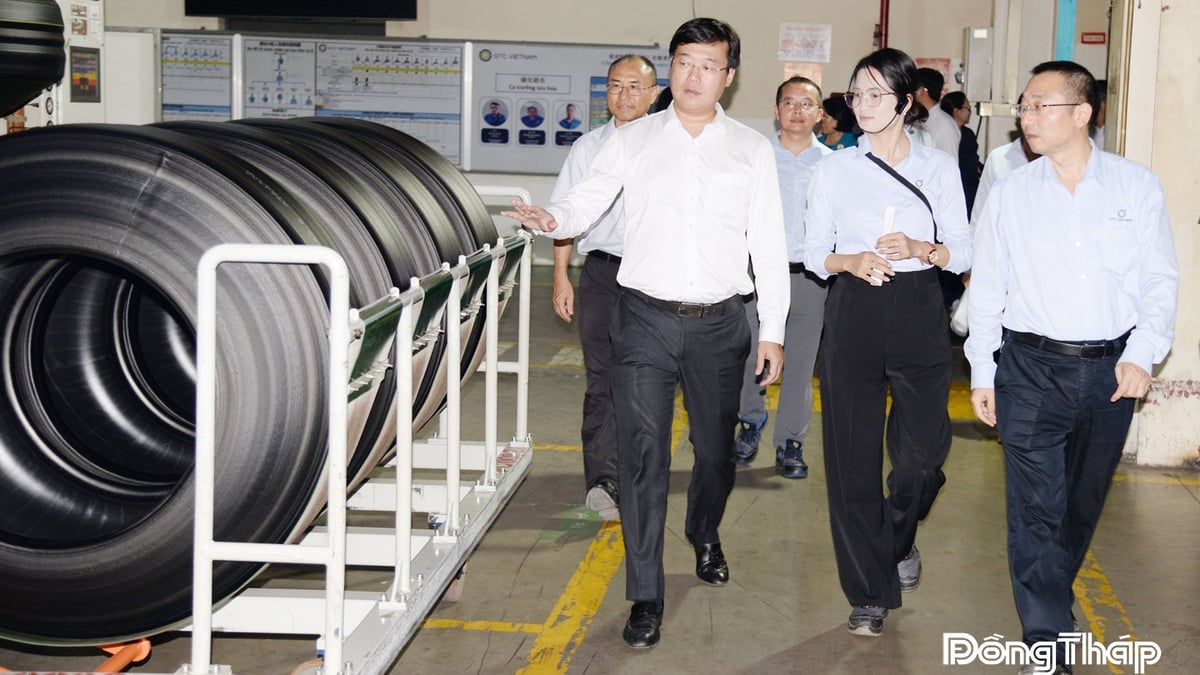
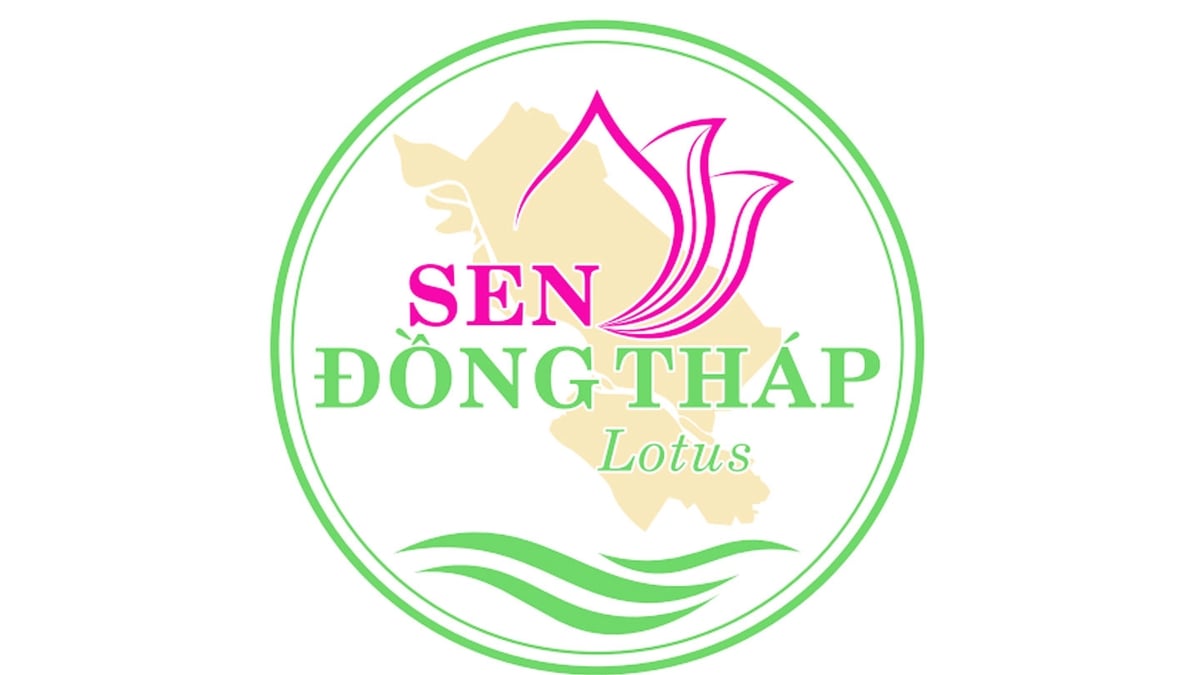





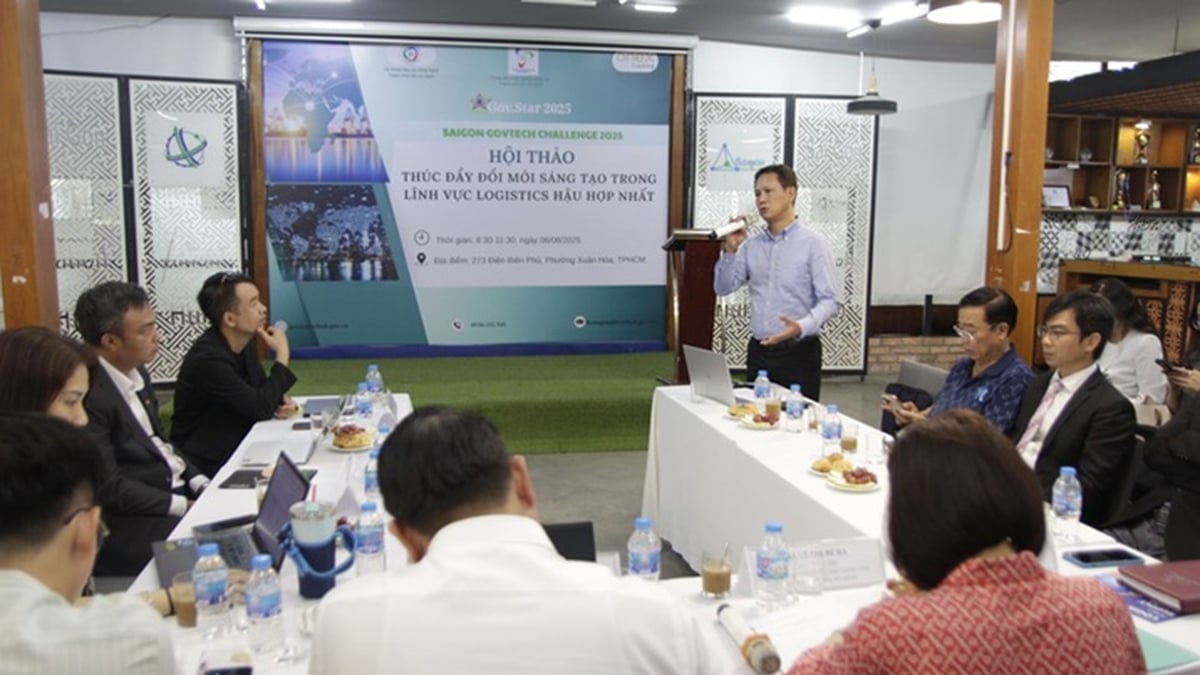













![[Photo] Nghe An: Provincial Road 543D seriously eroded due to floods](https://vphoto.vietnam.vn/thumb/1200x675/vietnam/resource/IMAGE/2025/8/5/5759d3837c26428799f6d929fa274493)
![[Photo] Discover the "wonder" under the sea of Gia Lai](https://vphoto.vietnam.vn/thumb/1200x675/vietnam/resource/IMAGE/2025/8/6/befd4a58bb1245419e86ebe353525f97)




































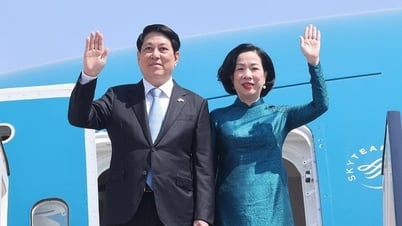


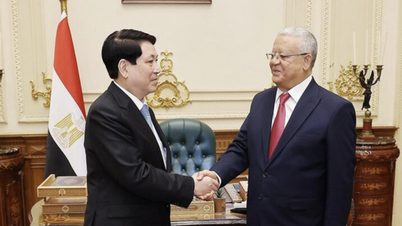







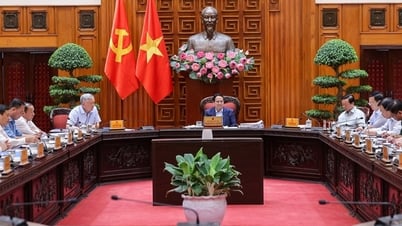
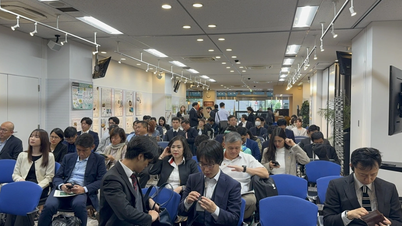






















Comment (0)